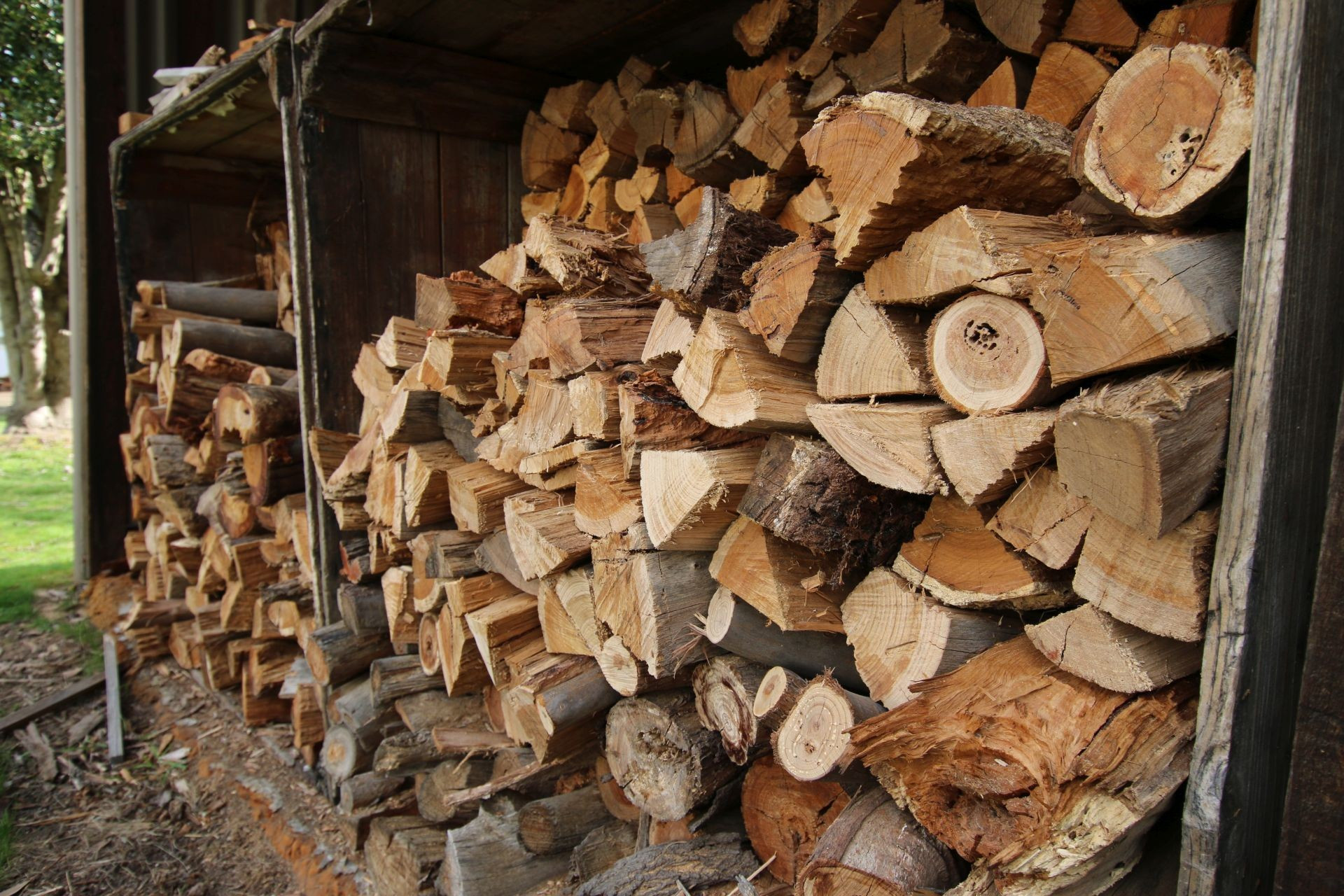General News
3 June, 2024
Rethink heating this winter
EPA Victoria is encouraging residents to rethink burning wood for heating this winter, in a bid to reduce pollution and effects on people’s health. If a wood heater or stove is your only option, EPA says it’s time to get it tuned so it produces...

EPA Victoria is encouraging residents to rethink burning wood for heating this winter, in a bid to reduce pollution and effects on people’s health.
If a wood heater or stove is your only option, EPA says it’s time to get it tuned so it produces less smoke and more heat.
EPA Northwest regional manager Paul Ratajczyk says wood smoke and calm winter weather can reduce air quality, but there are simple ways to make your heater safer, cleaner and cheaper to run.
“One of the best things you can do is have the flue or chimney professionally cleaned,” he said.
“That can help to prevent flue fires and ensure the heater produces more heat and less smoke.”
Choosing the right fuel is also important. Look for dry, seasoned, untreated hardwood, which burns longer and produces more heat and less smoke.
EPA Victoria’s chief environmental scientist, Professor Mark Patrick Taylor, added that reducing wood fire smoke will also help to minimise any health impacts.
“Wood smoke contains very small particles and gases that contribute to air pollution. This can cause problems for anyone with cardiovascular, breathing difficulties and respiratory conditions, resulting in symptoms for some people,” he said.
Professor Taylor encouraged people to reduce their use of wood heaters and fireplaces on still days, and to go outside occasionally to check their chimney for smoke to make sure the heater is working as well as it can.
“Overall, Victoria’s air quality is very good. This is mainly due to initiatives introduced over the years that have reduced emissions from industry and motor vehicles. Another contributor to cleaner air has been the banning of backyard incinerators in residential areas,” he said.
“While the impact of a single wood heater may be small, the cumulative effect is significant, particularly through autumn and winter, and tuning your wood heater for most efficient operation helps reduce impacts on air quality, optimises heating your home and minimises health risks.”
Tips for reducing smoke pollution include:
• Get a hot fire going quickly with plenty of paper and small dry kindling
• Keep the air controls set high enough to keep the fire burning hot
• Never overload a wood heater with too much wood
• Make sure you never leave the wood heater to smoulder overnight, as this starves the fire of oxygen, producing more smoke
EPA also advises you should never burn household rubbish, driftwood, treated wood such as pine, or old painted wood in your wood heater.
For tips on how to reduce wood smoke visit epa.vic.gov.au/for-community/environmental-information/air-quality/smoke-from-wood-heaters